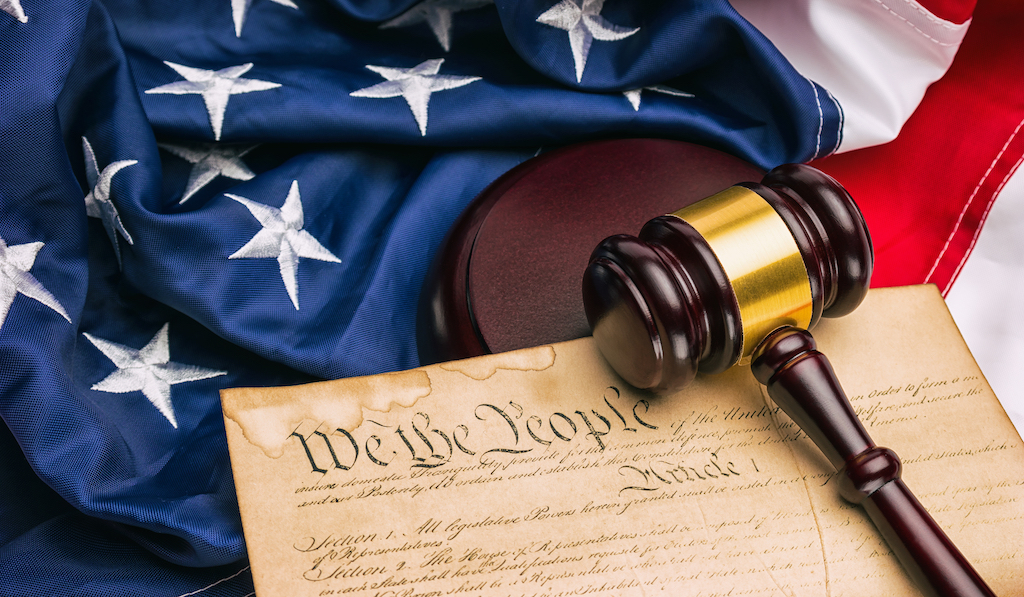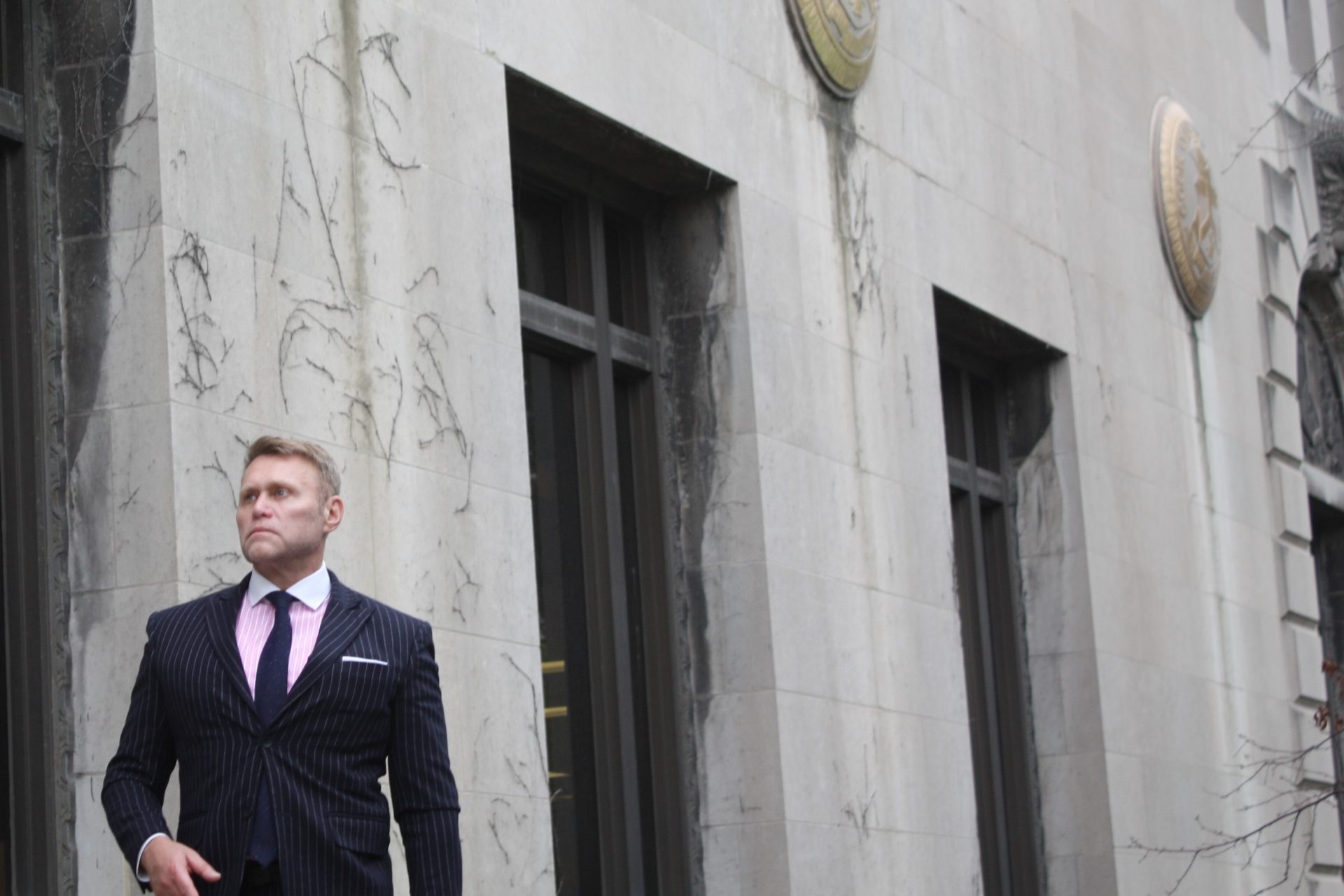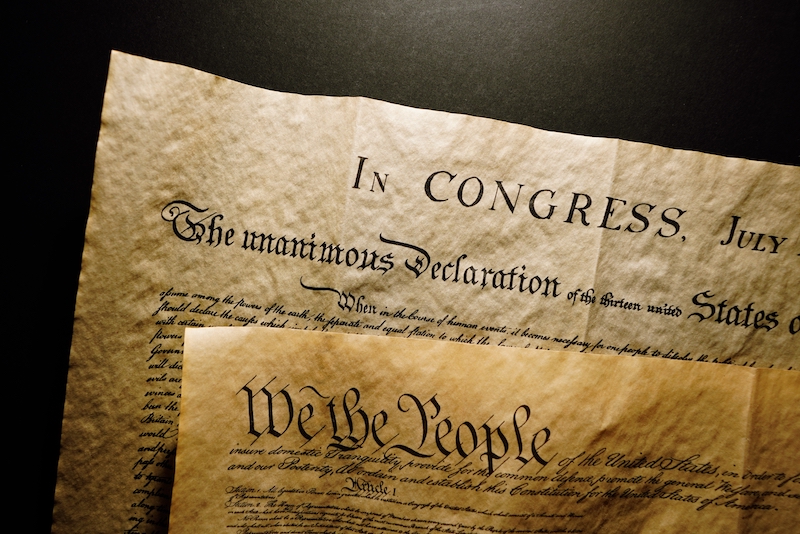
The debate over birthright citizenship in the United States has once again reached the courts, as multiple federal judges have issued preliminary injunctions blocking former President Donald Trump’s executive order aimed at redefining the 14th Amendment. This legal battle underscores a broader constitutional question: Can the executive branch unilaterally alter a right enshrined in the U.S. Constitution?
 Photo Credit: The Helt Law Group
Photo Credit: The Helt Law Group
Christopher Helt: A Legal Voice Ahead of His Time
Christopher Helt, Esq., a nationally recognized immigration attorney, has been at the forefront of defending immigrant rights for decades. With extensive experience in deportation defense and federal litigation, Helt has provided legal expertise on some of the most pressing immigration issues in the United States. Long before Trump’s presidency, Helt warned that birthright citizenship would become a contested legal battle, predicting that the issue would ultimately be decided by the Supreme Court. His foresight has positioned him as a key legal figure in the ongoing constitutional debate.
 Photo Credit: Shutterstock
Photo Credit: Shutterstock
A Constitutional Promise Under Threat
Birthright citizenship, as guaranteed by the 14th Amendment, has been a cornerstone of American identity for more than 150 years. The amendment’s Citizenship Clause explicitly states:
“All persons born or naturalized in the United States, and subject to the jurisdiction thereof, are citizens of the United States and of the State wherein they reside.”
Legal scholars and constitutional experts widely interpret this provision as an unequivocal guarantee of citizenship to anyone born on U.S. soil, regardless of the immigration status of their parents. The Trump administration’s attempt to override this long-standing precedent through executive action has faced swift judicial rebuke.
Judicial Intervention and Legal Precedents
Federal judges in both Seattle and Maryland have halted the order’s implementation, citing its blatant conflict with constitutional law. U.S. District Judge John Coughenour, said in his ruling:
“The Constitution is not something with which the government may play policy games.”
Judge Deborah Boardman of Maryland echoed these sentiments, emphasizing the irreversible harm the executive order could inflict on children born to undocumented immigrants:
“The denial of the precious right to citizenship will cause irreparable harm… If the court does not enjoin enforcement of the executive order, children subject to the order will be denied the rights and benefits of U.S. citizenship and their parents will face instability.”
These rulings reaffirm that birthright citizenship is not subject to executive reinterpretation. The judicial branch has consistently upheld that any fundamental changes to constitutional rights require legislative action or constitutional amendment—not unilateral executive orders.
The Trump Administration’s Argument
Despite these legal setbacks, the Trump administration has signaled its intent to appeal, asserting that the 14th Amendment’s Citizenship Clause has been misinterpreted for over a century. The Department of Justice (DOJ) contends that birthright citizenship should only apply to individuals “in allegiance and under the protection” of the United States, a phrase they argue excludes children of undocumented immigrants.
This argument, however, runs counter to established Supreme Court precedent. In United States v. Wong Kim Ark (1898), the Supreme Court ruled that children born in the United States to non-citizen parents are entitled to citizenship. No court has since deviated from this interpretation, making the Trump administration’s legal stance a radical departure from settled law.
The Broader Implications
If allowed to take effect, Trump’s executive order would not only strip birthright citizenship from children of undocumented immigrants but could also create a perilous legal gray area for countless Americans. The potential for statelessness, particularly for children born to parents without a recognized nationality, raises serious human rights concerns.
Additionally, the economic and social ramifications cannot be ignored. A shift in citizenship laws could lead to increased legal uncertainty, impacting everything from passport issuance to social security benefits and military service eligibility.
The Rule of Law Must Prevail
As this case progresses through the courts, it serves as a stark reminder of the importance of an independent judiciary in upholding constitutional rights. The question at hand is not just about immigration policy but about the integrity of the U.S. Constitution itself.
Christopher Helt, Esq., has long been at the forefront of defending the rights of immigrants. His legal expertise and foresight led him to predict that the birthright citizenship debate would reach the Supreme Court. He emphasizes that legal representation is crucial in ensuring that individuals affected by these policies are not left vulnerable to unconstitutional government overreach.
“There are moments in history when people ask, ‘Where were the lawyers, where were the judges?’ In these moments, the rule of law becomes especially vulnerable. I refuse to let that beacon go dark today,” said Judge Coughenour.
If you have any questions as the case moves toward the appellate courts contact Attorney Helt at (312)-266-0531 or visit his website: https://heltlawgroup.com.




















